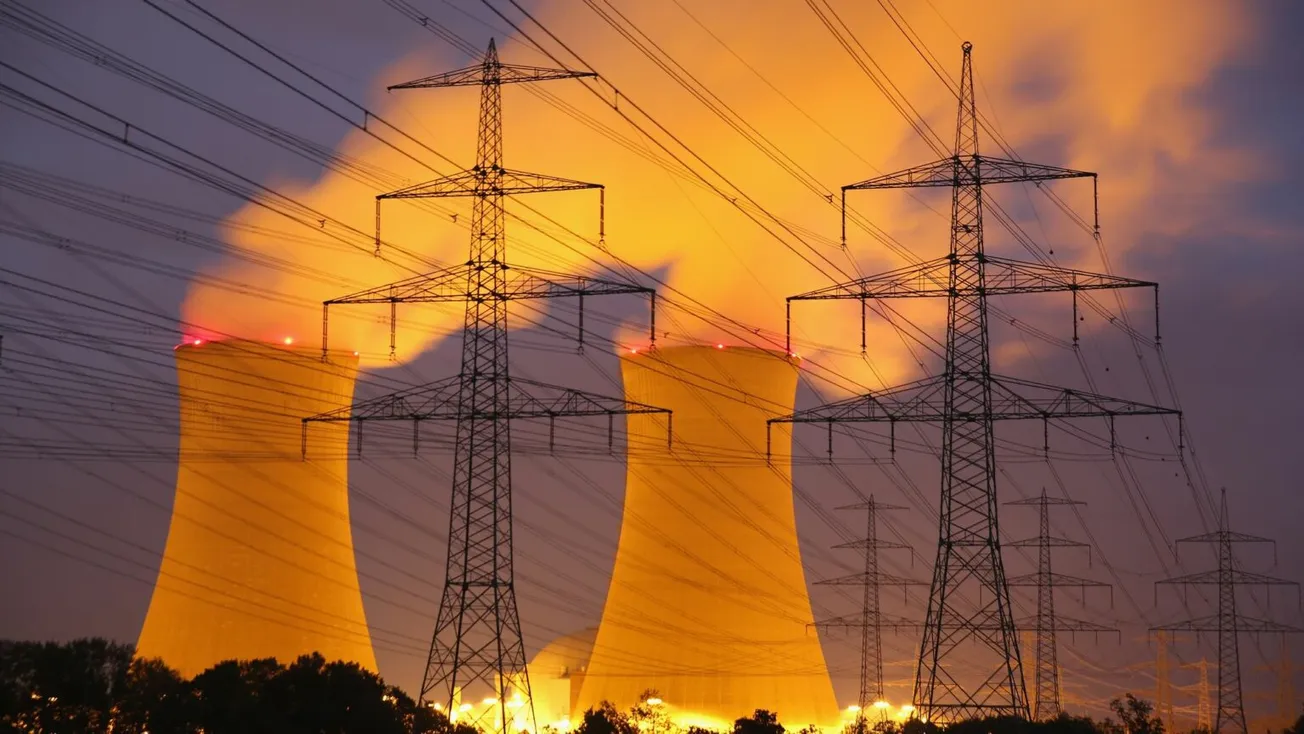Table of Contents
Germany is pretty much rooted right now, and it’s not because of the “far-right” bogey-man.
While the EU establishment and its media cronies clutch their pearls about the Alternative for Germany party’s renewed electoral vigour, Germany’s real issues are fast sinking the European powerhouse. Issues all caused directly by the ruling political establishment.
On his many visits to semiconductor factories and electric car plants, Germany’s Chancellor Olaf Scholz bangs the drum for an economy at the forefront of an industrial transformation.
But the picture painted by business leaders and experts is less rosy, predicting hard times to come for Europe’s largest economy.
It’s not like anyone could have seen it coming. Forcing the country to shutter its reliable coal and nuclear plants and switch to intermittent and insufficient ‘renewables’, and, at the same, flooding Germany with millions of Muslim mendicants – who on Earth thought that unbridled idiocy would ever end well?
But if Germany’s young women and girls are paying brutally for Angela Merkel’s demented immigration policies, the whole country is being shafted by successive energy policies, quicker and harder than an unattended boy at a public swimming pool.
In an interview with German media in March, [Scholz] said the push to achieve climate neutrality by 2045 would bring back “levels of growth like in the 1950s and 1960s”, the age of West Germany’s postwar “economic miracle”.
For the Social Democrat chancellor, the massive spending needed to install new wind turbines, build electric vehicles, make steel production less polluting or produce heat pumps will create a virtuous economic circle.
The man is a loon. The “postwar economic miracle” was only possible because of two things.
Firstly, Cold War politics meant that the US taxpayer shouldered the burden of defending mendicant Krauts who’d only just tucked their black uniforms in the national closet. But the US has got another favourite Eastern European leech sucking away at the American taxpayer’s blood.
The second thing that made the “economic miracle” policy was abundant, cheap energy. Thanks to Germany’s obedience to yet another cult-like ideology, they can say goodbye to all that, too.
But the vision of a new economic golden age thanks to the transition to green energy leaves some experts sceptical.
The switchover will first of all see billions of euros sunk into “replacing the existing stock” of fossil-fuel technologies with renewable ones “with significantly elevated costs”, [Siegfried Russwurm, head of the BDI industry lobby] said.
“That will not lead to extra economic growth in the short term.”
“We will only reap the reward of this investment in the distant future, when we have effectively managed to reduce greenhouse gas emissions,” Timo Wollmershaeuser of the economic think-tank the Ifo institute told German media this week.
In other words, never.
The country is likewise held back by structural weaknesses that are stymying economic performance: slow bureaucracy, low levels of digitalisation and an ageing population that could lead to labour shortages.
The Jakarta Post
That’s odd – haven’t the political elite spent the last few years flooding the country with millions of fit, young men from the Middle East and Africa? What are they all doing? Sitting around collecting welfare cheques in their state-funded housing?
Oh, wait…









